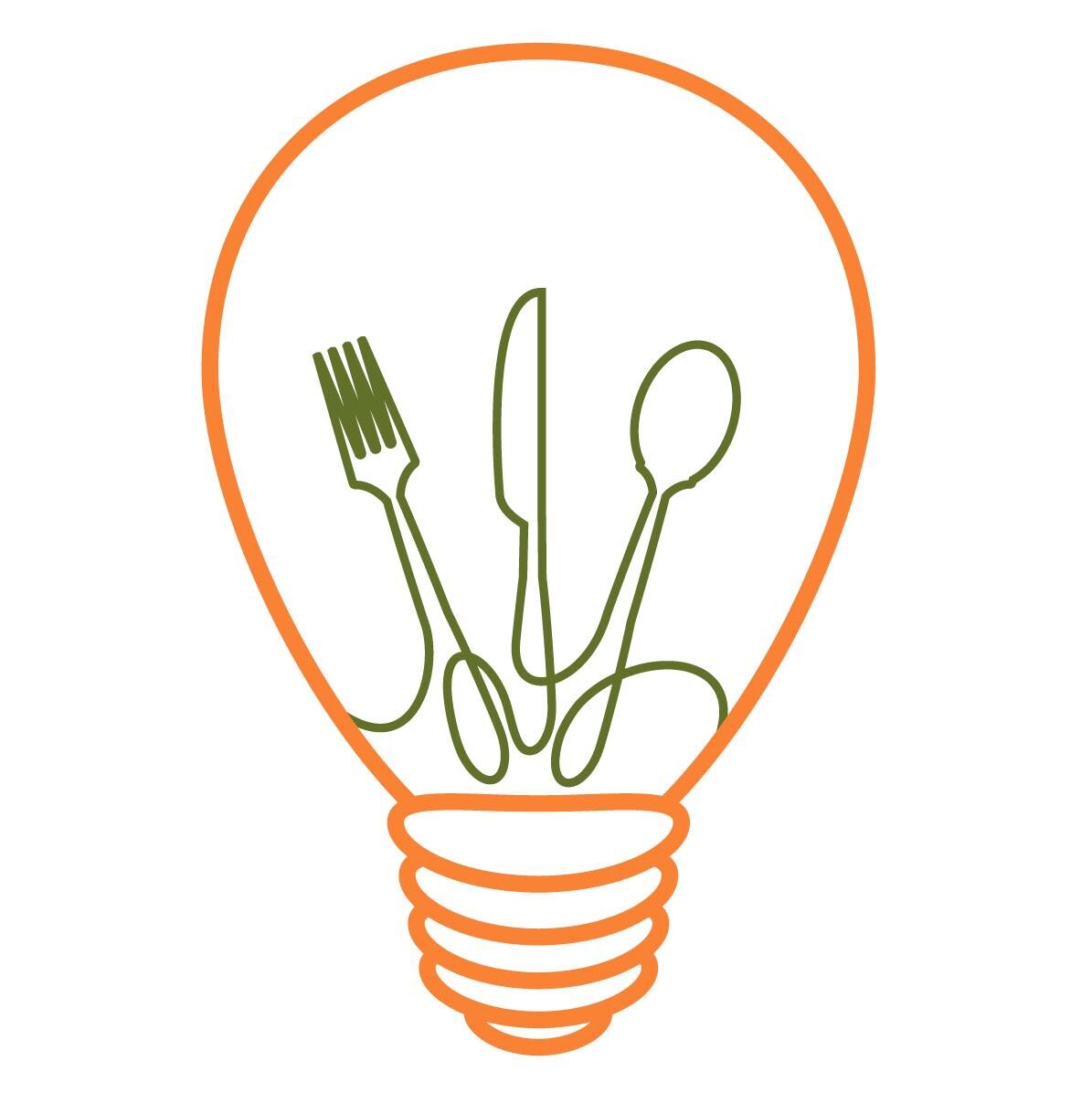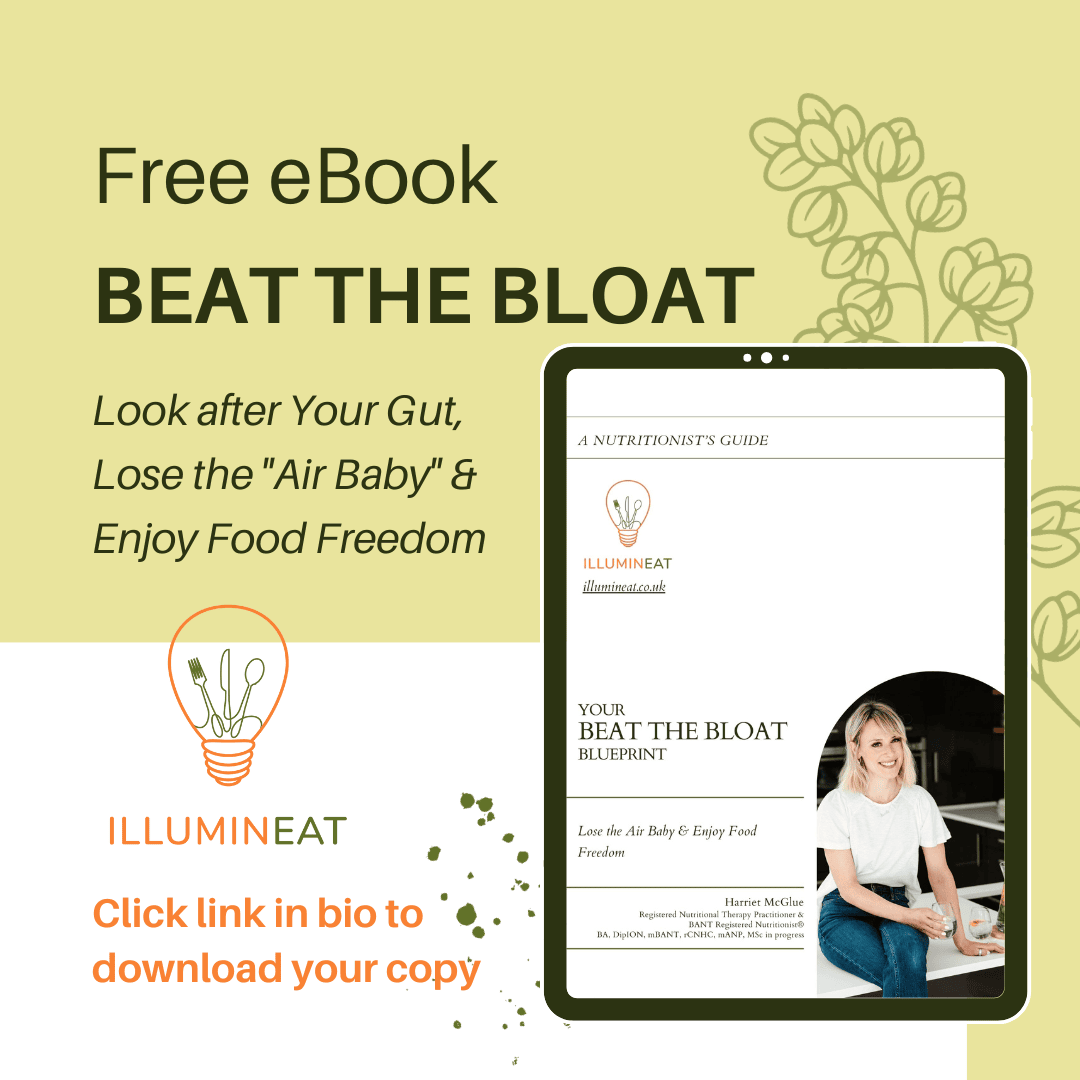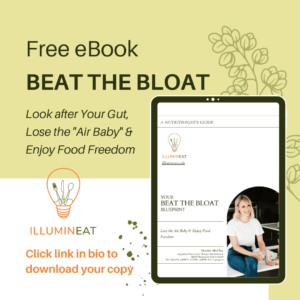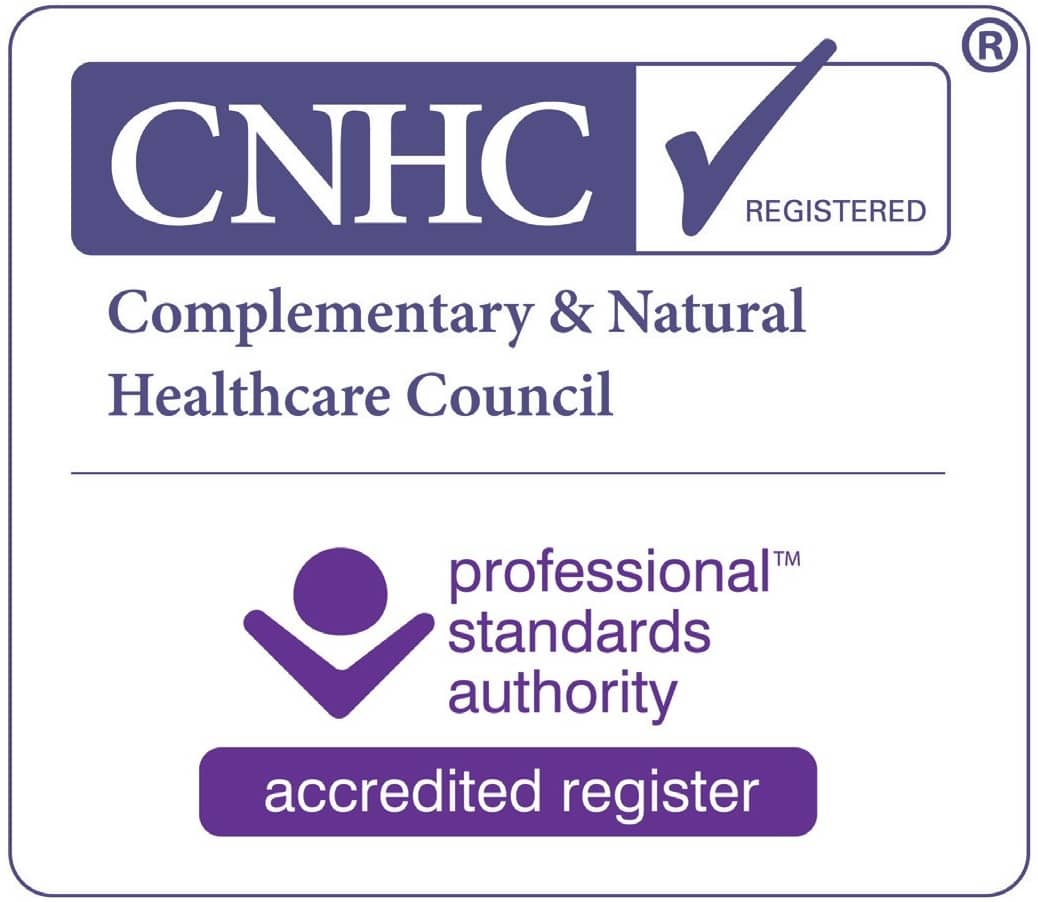Why do we need magnesium?
Mg is involved in 600+ chemical processes in the body!
- Mg is the electrolyte gatekeeper of our cells. It lets potassium and calcium in to our cells to conduct electrical currents responsible for our heart beat; muscle contraction; ATP production; nerve firing; neuroplasticity; DNA repair and more…
- We need Mg to convert vitamin D to its active form (and we all know how vital vitamin D is for our bones, immune system etc.)
- Essential for modulating the stress response, Mg calms our HPA axis and increases GABA (a calming neurotransmitter, which promotes relaxation and sleep) and inhibits glutamate (our main excitatory NT). If we are low in Mg, GABA can plummet and glutamate rise, leading to mood disturbances (stress, anxiety, panic, headaches etc.) It’s a bi-directional process: When we’re stressed we deplete Mg and when we’re low in mg we feel more stressed.
How do I know Im getting enough?
Unless you’re supplementing AND eating a fantastic wholefood diet – you’re probably not. The UK RDA is 300mg (men) and 270mg (women) and most people aren’t getting anywhere near this…
What’s more many of our RDAs haven’t been updated for years and do not take account of lifestyle factors that deplete nutrients. Mg levels are depleted by: stress, alcohol, high sugar and refined carbs, exercise, commonly prescribed meds (eg PPIs and laxatives), coffee and certain gut issues (IBS-D, IDD etc)
Can I get it from food?
In general I promote a “food first” ethos! Mg is found in plant-based wholefoods – think leafy green veg, avocados, nuts (almonds, cashews, brazils), seeds (esp. pumpkin seeds), dark choc, pulses, tofu & wholegrains.
However, it is harder these days as intensive agricultural practices have depleted the soil. Also mg exists bound to phytates (a type of “anti-nutrient”) which can make it less bio-available (harder for the body to use).
So should I supplement?
A lot of us could probably benefit from supplementation. If you’re always feeling tired, anxious, experiencing poor sleep, suffer with restless legs, muscle cramps, painful period cramps or bad PMS- give it a go.
Mg may be useful if you are at risk of cardiovascular disease. This is because mg enhances nitric oxide production, which dilates blood vessels allowing blood to flow freely. Low levels of mg and relatively too much calcium can cause blood vessels to constrict, increasing blood pressure and potentially contributing to plaque formation.
There are so many different supplements, which should I choose?
Whatever amino acid mg is bound to will impact its absorption and function.
As ever, prioritise a high-quality clinician grade supplement – Cytoplan, Thorne and Pure Encapsulations are all good. A good rule of thumb would be to start at 200mg once per day and SLOWLY increase as tolerated. Always consult a registered NT or your healthcare practitioner, especially if you have any medical conditions or are are taking any medications.
Magnesium Glycinate- high bioavailability. Taking 500mg+ can raise blood levels. Good for anxiety/sleeplessness when taken at night
Magnesium Threonate – crosses the blood-brain barrier and can be an excellent choice for anxiety, depression, ptsd, memory
Magnesium Oxide- research in migraine prevention (400-500mg daily)
Magnesium Malate- preventing muscle fatigue if you work out a lot – and some interesting research in fibromyalgia
Magnesium Sulphate/Chloride- absorbed trans-dermally. Is there a better excuse for a calming Epsom salts bath?!
















